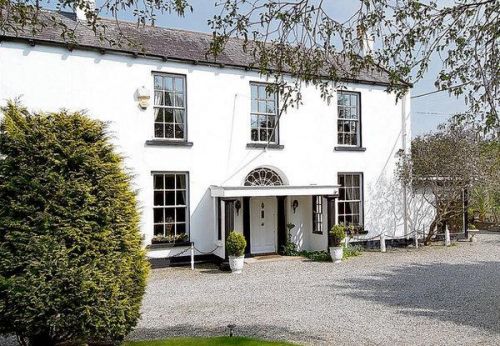Thinking about buying property in Ireland? You are living outside Ireland? Or you are not an Irish citizen?
Firstly, the good news is that there is no restrictions on non Irish citizens buying property in Ireland; and this applies whether you are an EU national or a non-EU national.
The bad news, however, is that ownership of property does not entitle you to reside in Ireland. The whole area of visas, residency, immigration, work permits, asylum is a complex one and you will find more information about these topics on the Irish Naturalisation and Immigration Service website.
If you intend letting the property, and there is a very healthy residential letting market in Ireland in 2018, the tenant is obliged to withhold 20% of the annual rent and pay it over to the Irish tax authorities, the Revenue Commissioners, unless you have appointed a collection agent. The collection agent-someone like an accountant, solicitor, or estate agent-will be liable for making the tax returns on the rental income but you will have been obliged to register with the Revenue Commissioners for tax purposes prior to purchase anyway.
Property taxes
On purchasing a residential or commercial property in Ireland you will have to pay stamp duty. This is currently 1% on residential properties and 6% on commercial properties and for your solicitor to do your stamp duty return he will need a PPS or tax number for you. If you are non resident and have never had a PPS or tax number you will need to apply for one from the Department of Social Protection. You can learn more about applying for a PPS number here.
Once you buy your property you will have Local Property Tax (LPT) to pay; the amount will depend on the value of the property. You can learn more about local property tax here.
If you buy a commercial property you pay commercial rates to the local authority instead of LPT.
Buying a property in Ireland-some practical steps
One of the first things you will need to consider is instructing a solicitor to act on your behalf. Your solicitor will be able to explain how the conveyancing process works in Ireland, the various steps in a conveyance, the legal difference between a booking deposit and contract deposit, and the legal costs and outlays you will encounter.
You will also be advised to engage the services of a structural surveyor to check the structural integrity of the property, check for signs of pyrite, and check the boundaries on the ground as compared to the Property Registration Authority folio map/filed plan.
You should be aware, too, of the differences between buying a house as opposed to an apartment; the most important one will be that a management company will need to be in place to manage the common areas in a multi unit development such as an apartment development.
Property purchase costs and outlays
When budgeting for your purchase you need to account for:
- Professional legal fee
- Value added tax on the legal fee
- Property registration authority registration fees
- Structural survey
- Legal searches to be carried out on closing day to ensure there are no judgments or other unexpected burdens registered on the folio
- Commissioner for Oaths fees
- Stamp duty on purchase price
Conclusion
There is no difficulty buying property in Ireland but you will need to obtain a PPS/tax number from the Revenue Commissioners and engage the services of a solicitor early in your search.
Make sure you are dealing with a registered auctioneer/estate agent and that he/she is registered with one of the accredited auctioneering bodies in Ireland and he/she is registered with the Property Services Regulatory Authority.
Good luck!
